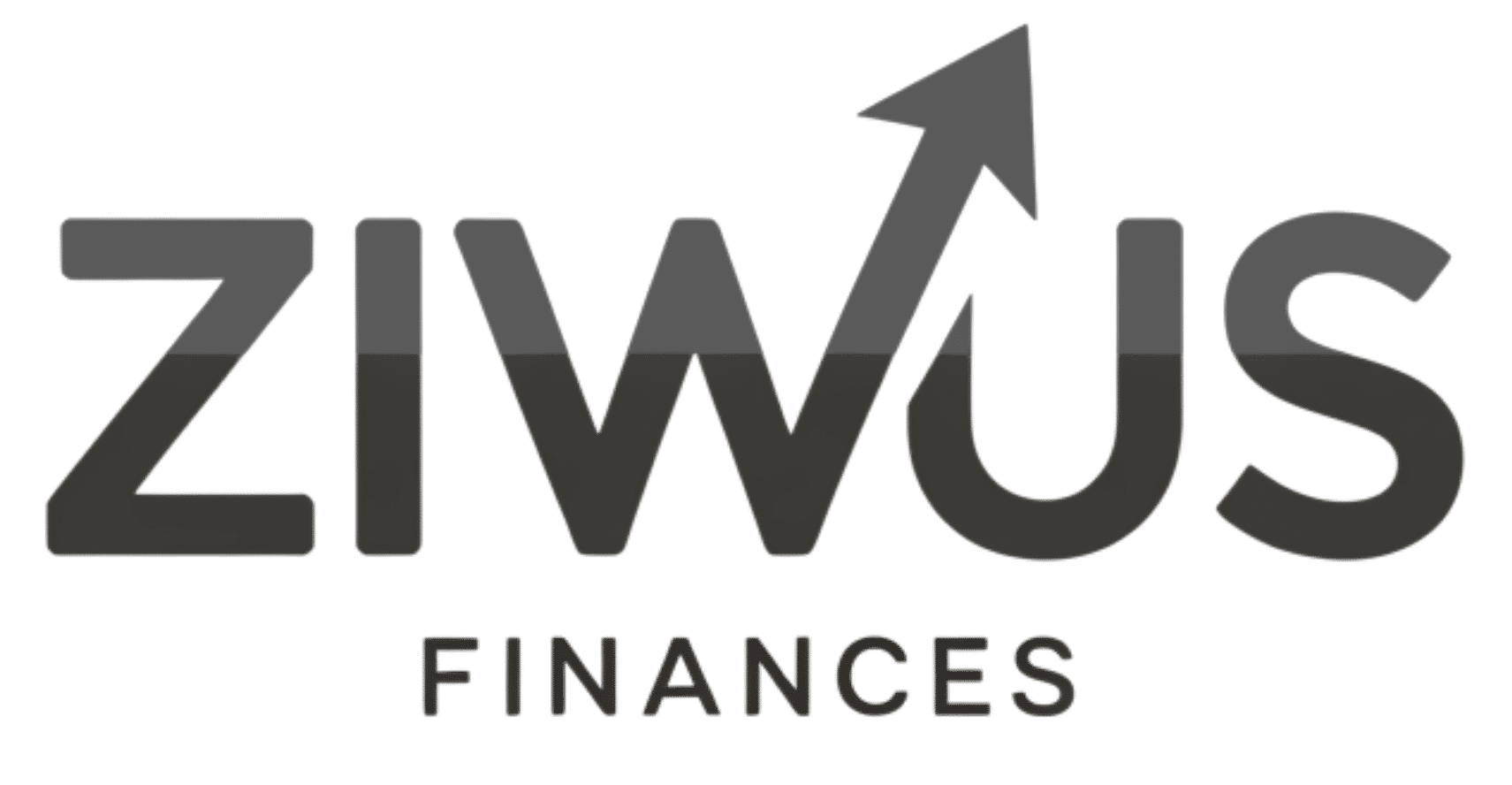Financies remain silent on the support given to these non-profit non-profits
In addition to the oppressive laws and executive orders that directly concern the transsexual communities in America, the Trump administration threatens to eliminate financing for HIV/AIDS internal prevention and treatment. In the face of these attacks – not only on transgencies, but also of public health in general – a number of financiers who support the prevention and treatment of HIV/AIDS for the Black LGBTQ communities in the South States have not responded to the request inside the philanthropy to discuss them for this work.
In other words, on this year’s transgender visibility day, many financiers who support life saving work for trans and other southern -risk sexual minorities ready to stay in the closet. This silence is particularly visible, given that the southern states represented half of all the new HIV infections in 2022.
The founder and executive director of the Transgender AllyShip training, based on Texas, and the prevention of HIV/AIDS Nopofit Nopofit, Ian Haddock, told Inside Philantropy that his organization, which received its 501C3 status in 2021, receives from 70 to 80% of its financing from private foundations and organizations. Asked how financiers respond to the continuous attack of anti-translation legislation and attacks, including the White House, Haddock said that “our funders are more enthusiastic in general.”
However, this enthusiasm does not include talk with the press about their work: I could not even receive a confirmation from the three normal anomaly financiers to whom I addressed this story. Given, these financiers include only one quarter of the supporters that the normal anomaly list on its web site. And given the administration’s plans to investigate the financiers to support their own capital initiatives-not to say anything in its hysteria about transgender-S-S-S-S-S-Suscare people would argue that ignoring the press at this time is an intelligible call to make positive capital funders.
Related inside the philanthropy resources:
Only for subscribers
Jai “The Gentleman” Makokha, the founder and host of Drag Black Gay Men, a lucrative podcast, based in Georgia, with the public mission to create a community among the Black Queer and Trans Folk, he said he had to be “very innovative” on searching dollars of marketing to put in grant. ”
Then came the executive order of the administration on January 21, falsely pronouncing that there are only two sexes and trying to apply this opinion as a problem of government policy. After that, Makokha said, “Everyone was very hesitant, because things I just assumed to be understood, such as Dei and trans people are people -all these fundamental components that I understood and to a extent that I have been supported.”
As a result, the non -profit supporters of the DBGM “resistant to spend new money for things”, because they were not sure where their own checks will come from. Between the anti-transord executive order and the potential discounts on NIH and CDC financing for HIV/AIDS, Makokha said that “it is not even eliminating financing. It is the volatility to which people respond.”
Problems to ensure financing is one thing. The requests to “change the language” on its podcast are different. “We call one thing here for dear gay black men,” Makokha said. “We do not mind saying” trans “,” gay “,” race “or” racism “. This clarity of language scares some of the financiers of the show. Makokha refused to name name, but said he received calls from financiers who asked him to “leave in the Trans discussion” and conversations about race and racism.
“Everything goes through a lot of changes, but now, it eliminates the words from our conversations altogether, and that compromises the content,” he said, which leads to a situation in which he strives to serve both his listeners and his financiers, because “I cannot say the thing to be said because because because it must be said, because” said because because because because because it has to be told both to its listeners and its funders [funders] I don’t want to get on someone’s shit list. ”
DBGM does not list its funders, but as in the case of normal anomaly, the major institutional financier that the PR person credited as a supporter has not responded to the disclosure inside the philanthropy to discuss his support on Makokha’s activity.
To borrow from Makokha and “call a thing one thing”: while the reluctance of pro-equity funders to paint a target on their back is in many ways, it is also useless. The IRS 990 forms have been submitted, and the financing commitment documents are registered whether these subsidies are drawn or not. Funders whose missions include public health and human rights must intensify while this option remains possible.
#Financies #remain #silent #support #nonprofit #nonprofits

